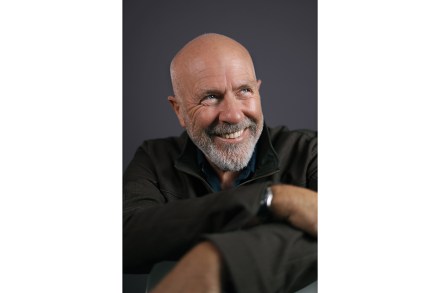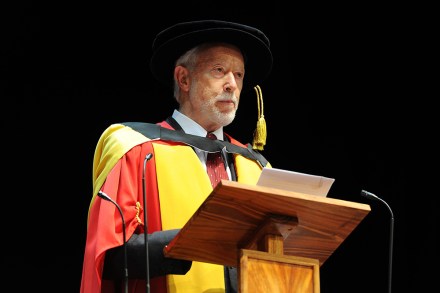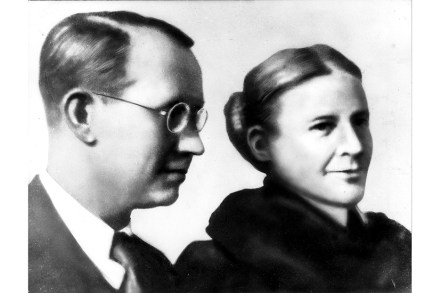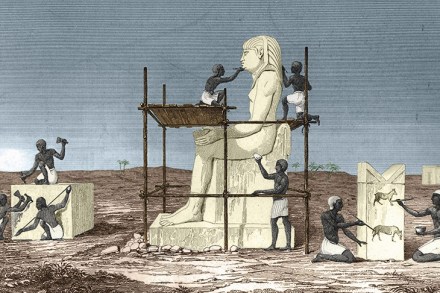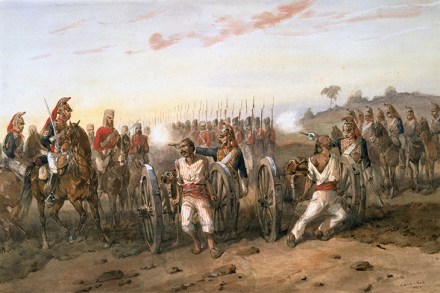The Bank of England could learn from the Falklands
While the Bank of England consults on who will appear on the next round of British bank notes, with reports that Winston Churchill could be dropped from the fiver, this week in the South Atlantic a new set of bank notes came into circulation. The notes will include the Falkland Islands coat of arms, the




